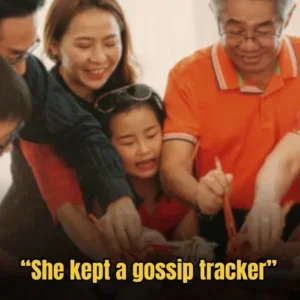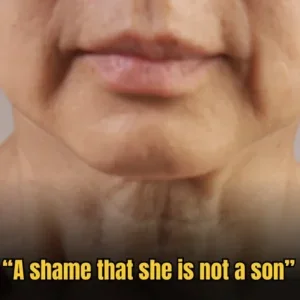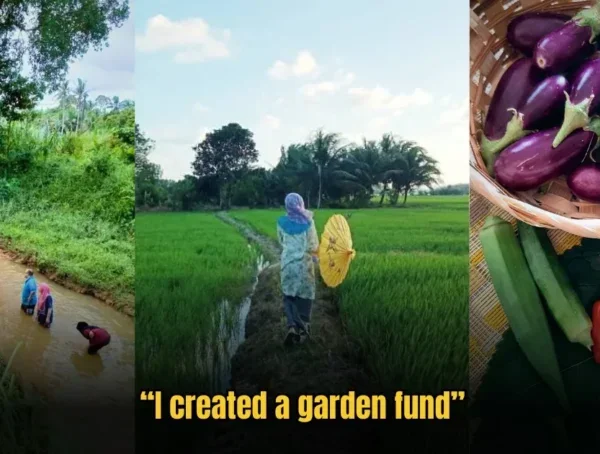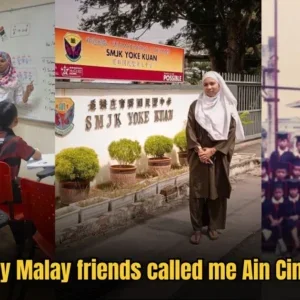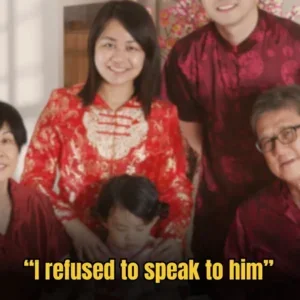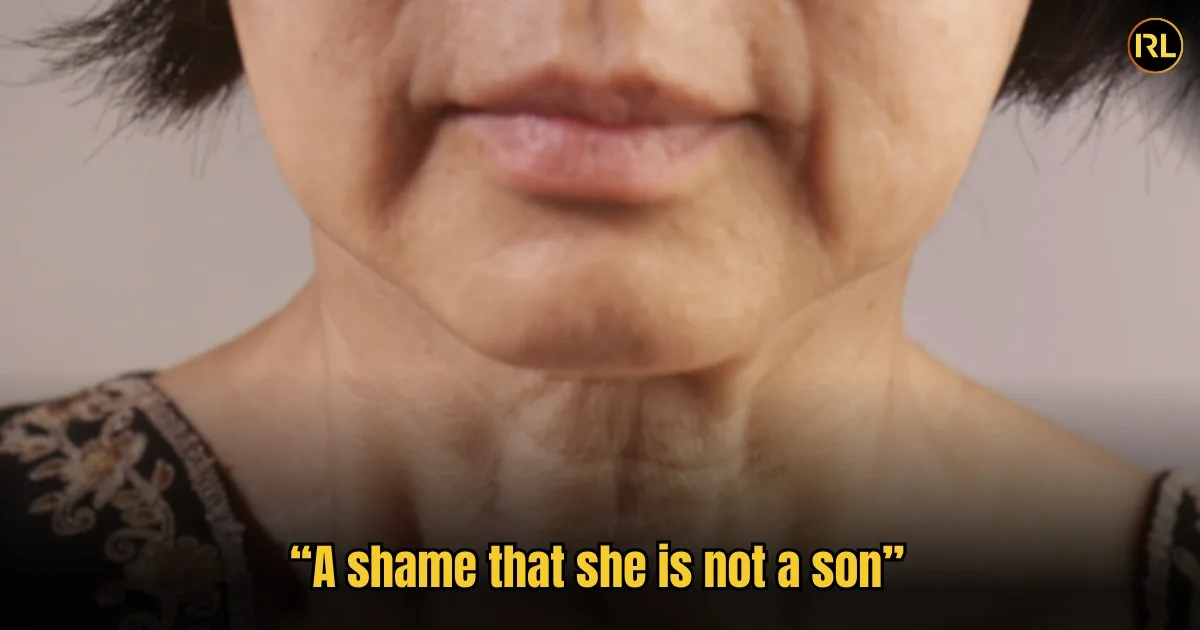
This story is about a 55-year-old woman who shares her struggle in navigating the sexist and racist traditions within her extended Chinese family while growing up in the 70’s.
Despite being fortunate to have open-minded parents, Jane (anonymised) had constantly faced discrimination and unfair treatment from her relatives, particularly regarding education, gender roles, and cultural expectations.
1. The Expectation to Marry Over Education
From a young age, Jane was told that a girl didn’t need much education. After completing her SPM, her extended family expected her to stop studying, get a job, and focus on marriage. To them, higher education was unnecessary for women.
Ignoring their outdated beliefs, she pursued a Bachelor’s degree in International Communication Studies. It was during this time she realized how oppressive her family’s values had been, teaching her to stay silent and submissive simply because of her gender.
When she shared her dream of pursuing a Master’s and PhD with her grandmother, she was ridiculed by her uncle. He insisted that her priority should be marriage and starting a family, a sentiment her grandmother agreed with. The recurring question was always, “Why do you need so much education? You’re a girl.”
Her response? “So that I won’t get bullied and oppressed by other people,” she recounted to In Real Life.
2. Sons Are Always Valued More Than Daughters
The discrimination didn’t stop at education. Within her family, no matter what a daughter achieved, it was always seen as insignificant compared to a son’s accomplishments.
One particular incident stood out: a female cousin who had worked hard and earned first-class honors in her degree was dismissed by an uncle with the remark, “A shame that she is a daughter and not a son.”
This mindset implied that only sons’ achievements were truly valuable. Even a lazy son would receive more praise than a hardworking daughter.
Jane shared: “I’m not saying that I’m bitter because my achievements were not being celebrated and praised, I’m just highlighting the fact that the achievements of a daughter in our family is always overlooked in lieu of a son’s.”
3. Language and Cultural Superiority
Another source of discrimination within her extended family was language. As Hakkas, they believed that every family member should be fluent in the dialect. Jane grew up speaking Hakka with her grandmother, but her sister, who didn’t have the same exposure, struggled with it.
Instead of understanding, the family shamed her for her weaker proficiency. “I understand that it’s a part of our identity as Hakkas to know the language, but if someone is not as good as you then why do you think it’s okay for you to shame them?” she asked rhetorically.
This extended to a niece who was raised speaking English. Being a “banana” (a term used to describe Chinese people who don’t speak Chinese fluently) was seen as shameful.
The family’s obsession with linguistic purity reinforced their belief in Chinese superiority. They often argued that “China will take over the world one day” and insisted that knowing Chinese was the only way to maintain cultural identity.
4. Facing Racism and Sexism in Family Gatherings
Family gatherings were always difficult for Jane. While she cherished her immediate family’s support, the extended relatives held on tightly to their racist and sexist views. These gatherings highlighted the deep-rooted inequalities within the family.
Conversations would often circle back to outdated ideologies: women should marry young, sons are the true pride of the family, and speaking Chinese fluently determines one’s worth. Jane realized that arguing with them wouldn’t change their minds overnight. Their beliefs were too deeply embedded.
However, she held onto hope that education could open their minds. She believed exposure to new perspectives could gradually shift their thinking, even if it took generations.
5. Finding Strength in Immediate Family Support
Despite the challenges,Jane has found solace in knowing that her immediate family supported her. While she couldn’t change her extended family’s mindset, she could carve her own path and live by her values.
Their words and judgments no longer affected her as much. She had learned to tune them out, knowing that her worth was not defined by outdated traditions.
In the end, she understood that while cultural expectations could be suffocating, they didn’t have to dictate her choices. She chose education, independence, and self-respect—proving that the cycle of discrimination could be broken, one step at a time.
What do you think of this story?
Let us know in the comments!
Submit your story to hello@inreallife.my and you may be featured on In Real Life Malaysia.
How This M’sian Family’s Gossip Backfired On Them Over Chinese New Year Reunion Dinner
More from Real People
“I Won’t Let My Past Define Me,” Shares A Former M’sian Escort
This story is about a M’sian woman’s struggle to reclaim a normal life after three desperate years as a high-end …
The Man Who Chose to Be Homeless in Kuala Lumpur for 50 Years
This story is about the life and times of Uncle Amran, capturing his worldviews, thoughts, and insights after spending over …
This Young M’sian Woman Quit Her 9-to-5 Job To Embrace Slow Living in Her Kampung
This story is about a young Malay woman who quit her job to embrace the kampung life, finding peace in …
